As she talked, Kendra Moffett’s hands never stopped working.
Dishes and pans clattered over the sound of children’s voices in the next room, debating ownership of a toy.
While Moffett, 28, of Greenville, Michigan, prepared dinner for her son, Major, 8, and daughter, Xiophia, 2, she talked about the challenges and triumphs of recent years.
“I’m clean now,” she said.
She had struggled with drug addiction for about 10 years, and also battled anxiety and depression.
“I wasn’t doing so good,” she said. “I was homeless then and I lost my kids.”
She stopped using drugs when her daughter was born. It had become a transition point. And she knew her recovery wouldn’t be a journey to travel alone.
So she sought offers of help.
It came in the form of the Maternal Infant Health Program, one of the many community outreach programs available through Spectrum Health Healthier Communities.
A team for every mom
The Maternal Infant Health Program offers personalized services to pregnant women and their babies who receive Medicaid services, or who are eligible for the services. It’s offered in Kent and Montcalm counties.
“We deliver connection,” said Kayla Johns, supervisor of the Maternal Infant Health Program. “It’s a statewide program, but in Montcalm County we are the only such program available, and we’ve been there for about 30 years.”
Johns and her team work with mothers and their babies up to 18 months of age.
“We provide primarily home-based services, with the goal of zero infant deaths and building self-sufficient families,” Johns said. “Our team of social workers, nurses and community health workers create a care plan for each family, customized to the family’s priorities and goals.”
Becoming a new mom can feel isolating and lonely, Johns said.
“In Montcalm County, we can be the only support some of these moms get,” she said.
The first year of a baby’s life is critical for health outcomes.
“Our work is to keep babies alive and healthy,” Johns said. “From certified lactation consultants to educational programs, we are here for you.”
Moffett connected with the program in January 2021, shortly after Xiophia’s birth. She learned about the services after her hospital stay.
“Referrals come to us most often through providers, the WIC office, as well as other agencies,” said Kristine Sheffer, a social worker for the program.
Sheffer meets with Moffett at least once a month. In recent years, that had meant switching to telehealth and meeting with moms over the phone or computer.
“When we meet, we talk about how Kendra and her baby are doing,” Sheffer said. “Whatever Kendra needs, I try to connect her to the resources that can help her get what she and the baby need.”
That can involve help identifying health care services and coverage, as well as locating community resources that assist with financial needs and housing. They also help moms access transportation through Medicaid.
The team also helps moms identify important changes in lifestyle, as well as helping them cope with life changes that come with pregnancy and parenting.
“We also talk about the changes little Xiophia is going through,” Sheffer said. “My role is to give support and guidance for whatever is needed. That might be an emotional need, a package of diapers, or helping Kendra find a good daycare.”
‘So much has changed’
Moffett faced many obstacles.
“There was one thing after another,” Moffett said. “My mother stepped in for a while to care for my kids while I got clean, found a job, a car, a place to live.
“The program helped me with whatever I needed,” she said. “If I needed diapers, I called. If I needed baby formula, they helped me get some.”
Moffett also connected with organizations to help her overcome addiction, including weekly counseling.
She learned about affordable housing assistance for low-income families and she found a car that, with a few repairs, got her on the road again.
“When I got clean and got a job and I got an apartment, I was able to have my kids with me again,” Moffett said. “And I even moved my mom in the apartment next to me, so that we can help each other.”
She smiled as she talked, recalling the successes that have led her to this new place.
As she called her children in for dinner, she set out their plates of food.
“So much has changed,” she said. “Two years ago, I was homeless and lost my kids. Now, with the help of this program, I have a stable home, I have a car, I have my kids. I’m clean.
“And I have a new job that I love,” she said. “I’m still figuring out my bills, but I get help.”
Sheffer has connected her with other organizations and community services that have provided much-needed assistance.
“I never thought there was so much help available,” Moffett said.
Her advice for other moms? “Don’t be afraid to ask.”
“Everyone should have access to support during and after pregnancy,” Johns said. “We are committed to providing that support.”
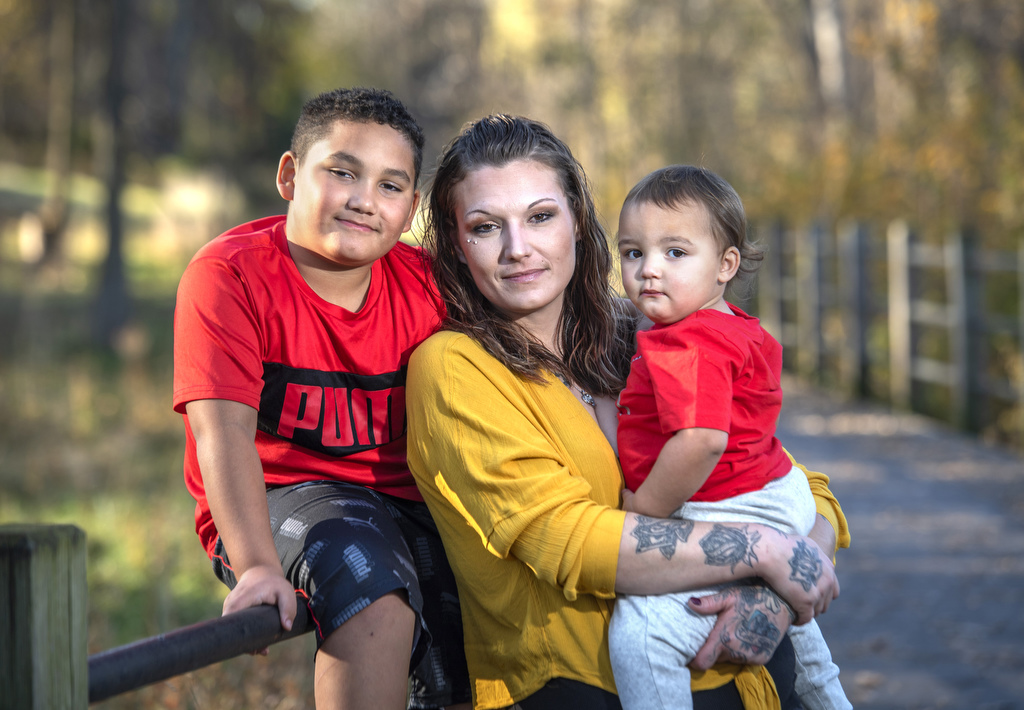
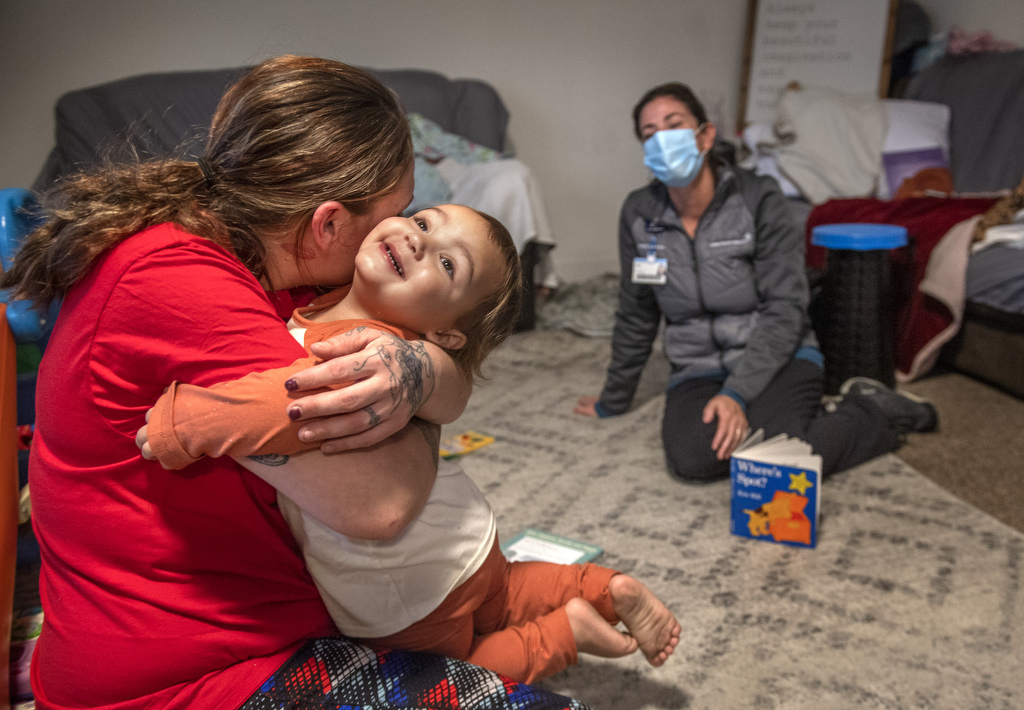
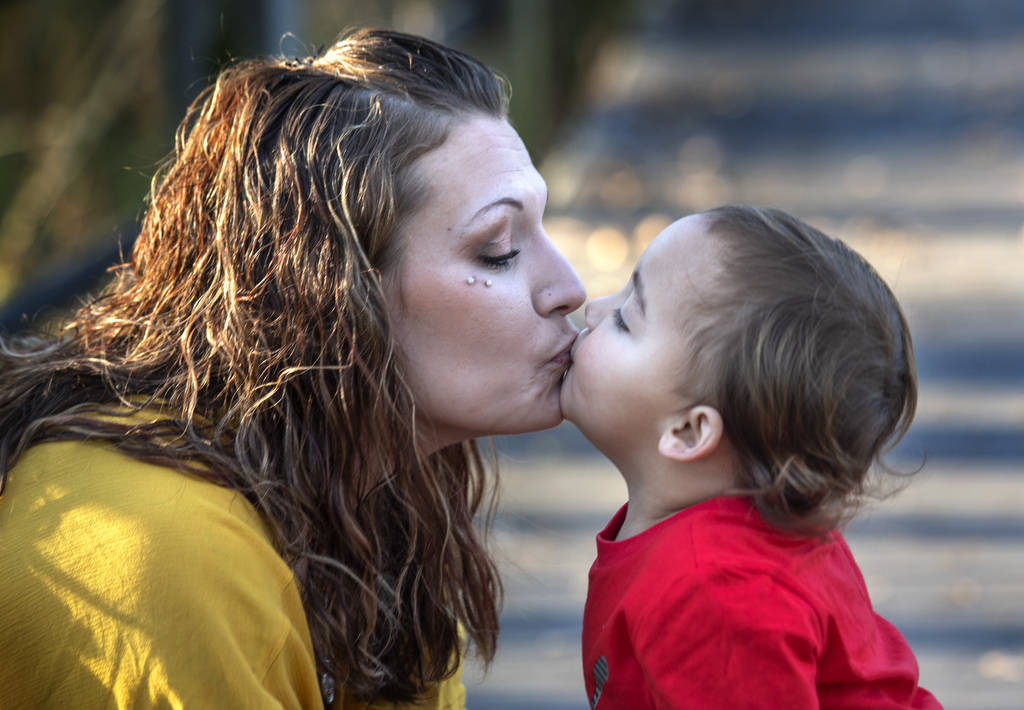
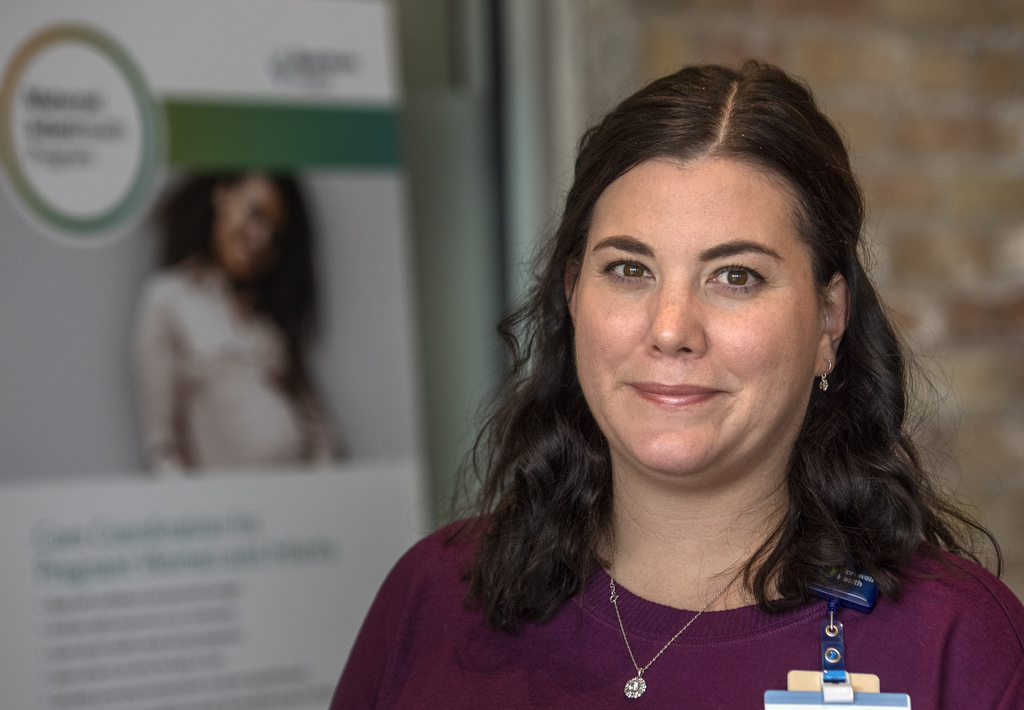
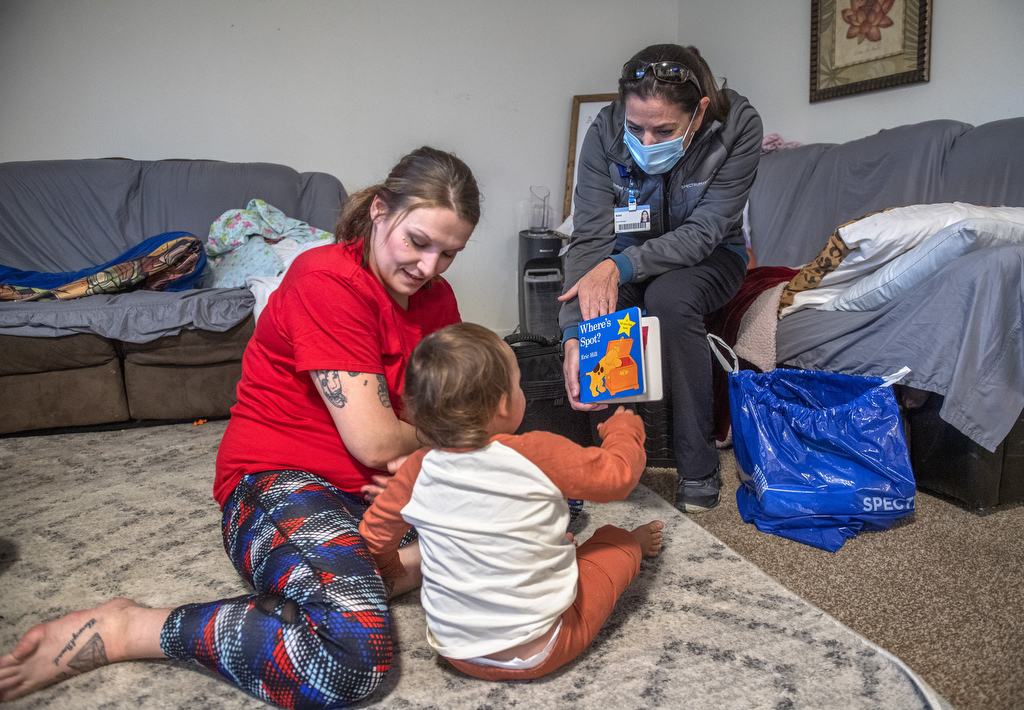




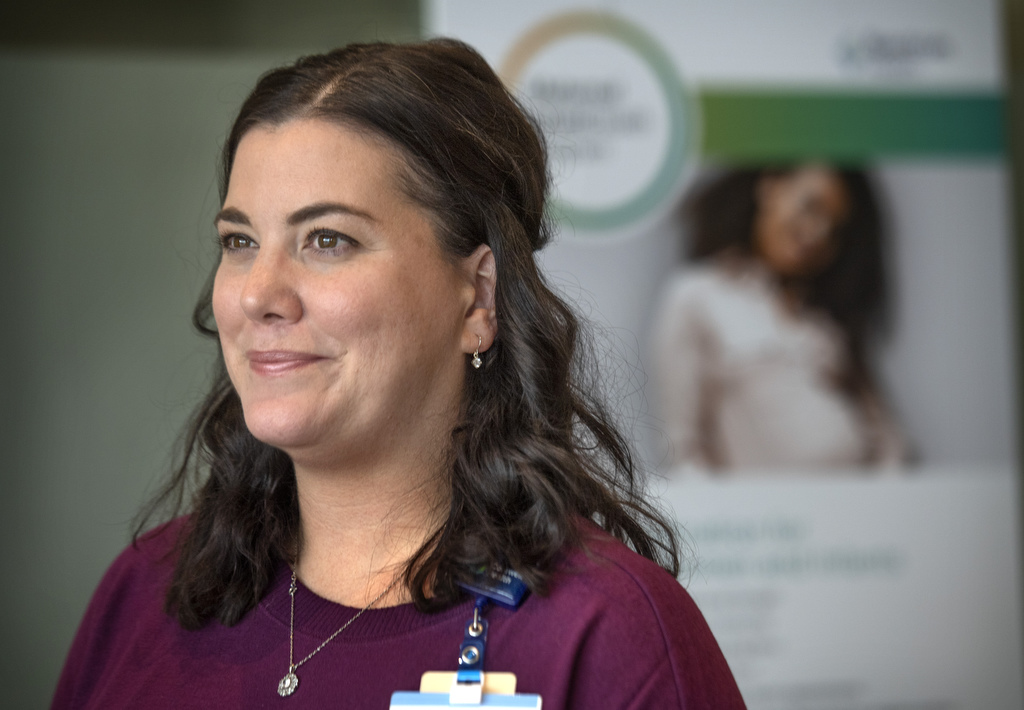
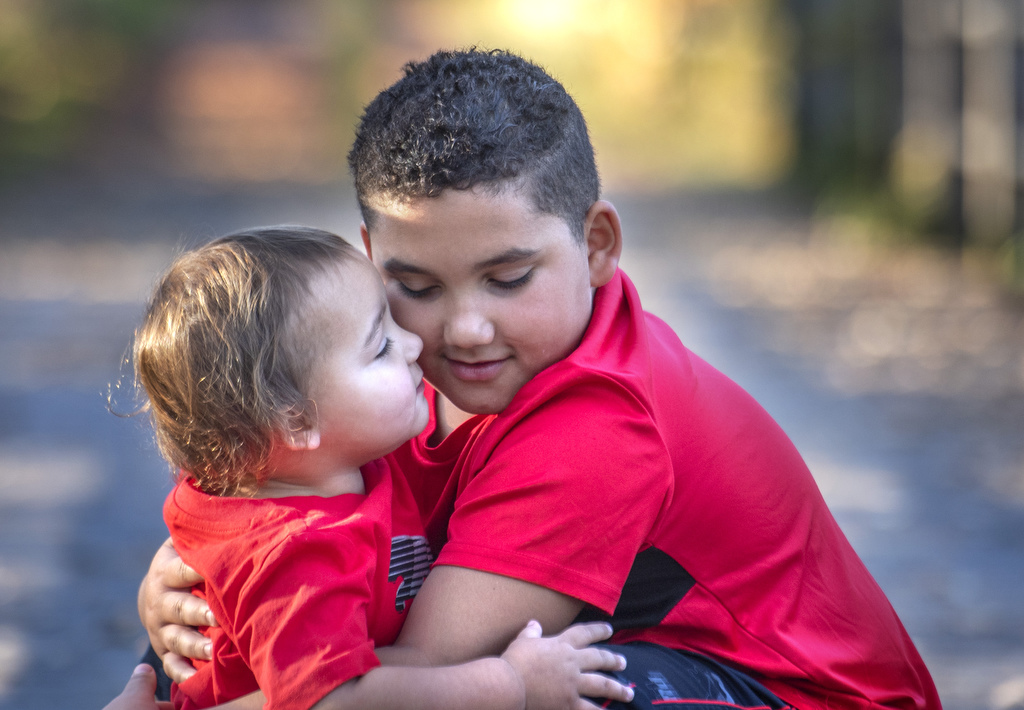
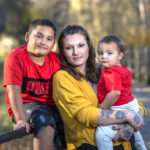
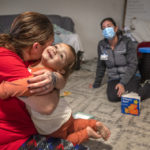

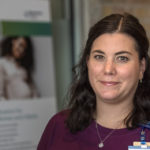
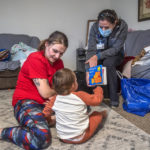






 /a>
/a>
 /a>
/a>
 /a>
/a>
Super proud of who Kendra has become and she is working hard to give her kids the best life possible love you Kendra